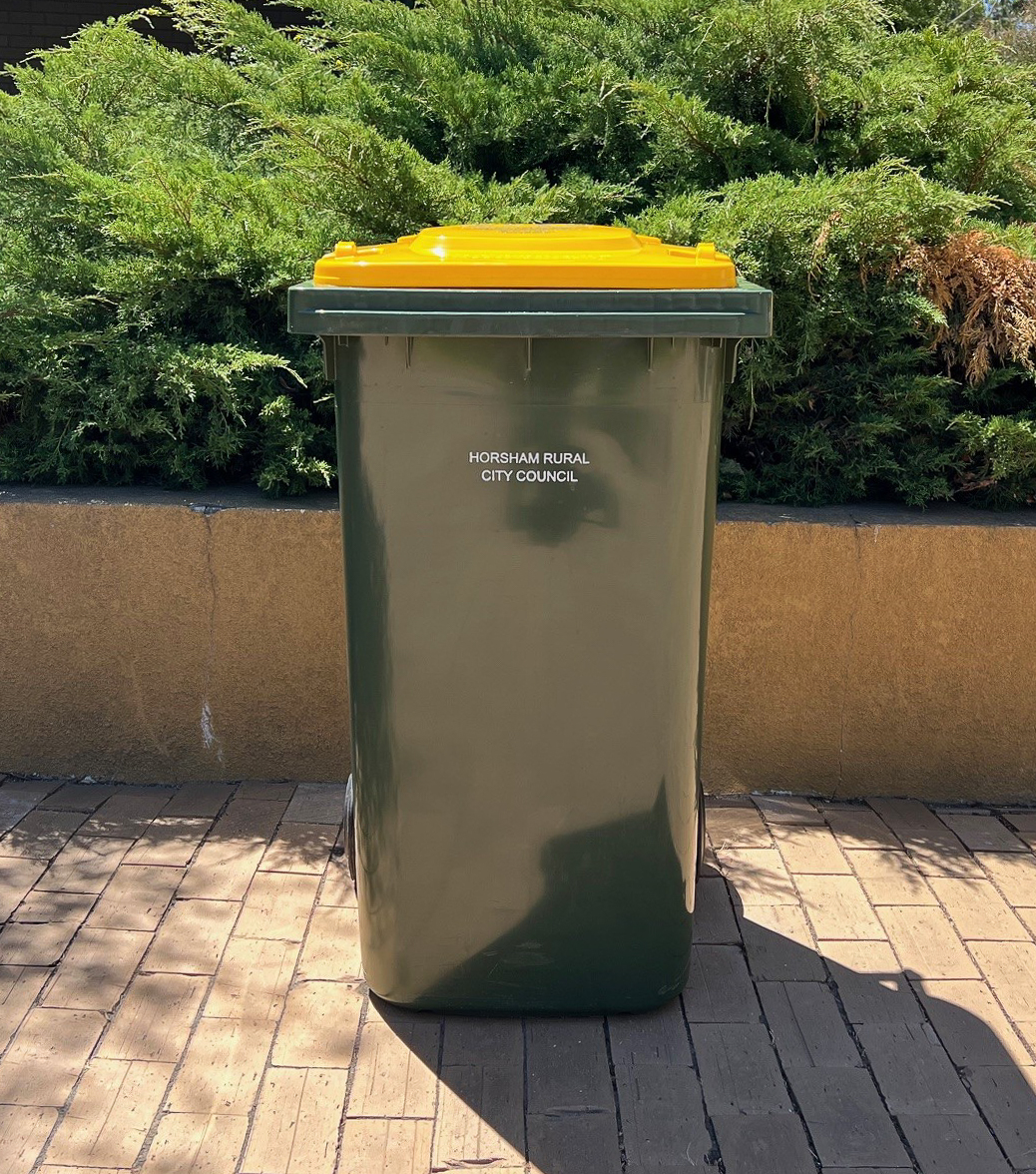Waste Collection Days and Dates for the kerbside collection service
Enter your address below to find your collection days.
(Some rural addresses that are not directly on a collection route may not work in the widget. A nearby address directly on the route will produce the correct collection days)
Printable copies of waste collection calendars are also available:
Zone-A-Urban-A5.pdf(PDF, 1MB)
Zone-B-Urban-A5.pdf(PDF, 1MB)
Zone-A-Rural-A5.pdf(PDF, 1MB)
Zone-B-Rural-A5.pdf(PDF, 1MB)
See which zone your property is in:
Zone A on Community Map
Zone B on Community Map
(In the community map you can use the plus and minus buttons on the top right of the screen to zoom in and out, click and hold to move the map view.)
NOTE: On Christmas Day and Good Friday your bin needs to be out before 6am on the business day prior to your normal collection day. All other collection services over the Christmas break and Easter break remain the same as normal.
Glass collection sites
Glass can be deposited at Council Transfer Stations and the following designated drop off points. Click the linked address to see the location on Google maps (link will open in new window).
- Brimpaen (157 Brimpaen Laharum Road)
- Clear Lake (4006 Harrow-Clear Lake Road)
- Dadswells Bridge (Briggs Track Dadswells Bridge)
- Laharum (1586 Northern Grampians Road)
- Mount Zero Transfer Station (Wonwondah Dadswells Bridge Road)
- Natimuk (Lake Avenue)
- Pimpinio (Pimpinio Tip Road)
- Toolondo Transfer Station (Telangatuk East Rocklands Road)
- Quantong (497 Lanes Avenue)
- Horsham Transfer Station 93 Kenny Road.
What can go in each of the bins
Food and Organic Waste Bin (FOGO)
-
Eligible items:
- Food Scraps (may be wrapped in newspaper to alleviate odour)
- Raw, cooked, and leftover food (remove all containers, packaging, labels, and stickers)
- Bones from food waste (e.g., meat, fish, shellfish shells)
- Staple food (e.g., bread, cakes, pastries, rice, pasta, beans, cereal)
- White paper towels, white paper napkins, and newspaper sheets for food wrapping and vegetable oil soaking
- Pet food
- Garden waste (e.g., grass clippings, leaves, plant root systems, vegetables, straw, hay, small-sized tree branches, real Christmas trees)
- Hair and feathers (no synthetic materials or animal carcasses)
Not Accepted:
- Plastics of any type including compostable plastic bags
- Compostable/single-use cutlery and cups
- Large logs
- Soil and dust
Glass Bin
Glass Bin and Glass Drop-off Point (Purple-Lidded)
Eligible Items:
- Glass bottles and jars of any type (remove metal lids and lightly rinse)
Not Accepted:
- Ceramics, porcelain, window glass, perfume bottles and broken drinking glasses
Mixed Recycling Bin
-

Eligible Items:
- Plastic bottles, lids, jars, pots, and containers less than 5L [PN1] (lightly rinsed, remove plastic wrapping)
- Fruit and vegetable plastic trays and containers (no meat and food trays)
- Food cans, pet food cans, steel cans and aluminium cans
- Foil trays and large aluminium foil balls
- Cardboard (any type; flatten, remove plastic wrapping, polystyrene, and food content)
- Un-shredded paper (e.g., newspapers, magazines, letters, envelopes, books, shopping paper bags, gift wrap)
- Reusable shopping bags
- Cartons (e.g., milk, juice, soup)
Not Accepted:
- Plastic Bags – All items are to be placed loose into recycling bin
- Ceramics, porcelain, and broken glass
- Scrap metal
- Batteries
- Soft and hard plastics (other than listed)
General Waste Bin
Eligible Items:
- All items not eligible in the FOGO bin
- All items not eligible in the commingled recycling bin
- All items not eligible in the glass bin or glass drop-off points
Not Accepted:
- Batteries of any kind – free drop-off at designated bin located in transfer station.
- Mixed household batteries, except lead acid battery - free drop-off at designated bin located in transfer station, library, CIVIC building, supermarkets.
- Light bulbs of any kind – free drop-off at designated bins located in transfer station.
- Hazardous waste and chemicals
- Deceased animals
- Household appliances of any type – free disposal at transfer station
- Bulky items (i.e. bed, sofa, mattress)
What can't go in any bin
There are some items that cannot go in any of your waste collection services.
Laptops, computer screens, mobile phones, calculators, chargers, headphones, light globes, household electrical items, printer cartridges, household toxic chemicals, paints, bricks and other building materials, large tree branches and logs
Please take these items to the Horsham Transfer Station, 93 Kenny Road Horsham (open from 10am to 5pm daily)
Rural and Urban Boundary Maps